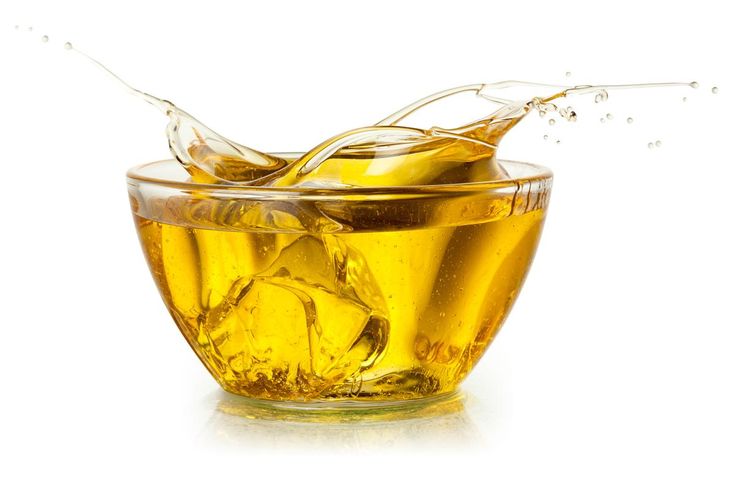Categories
The latest content
-

Customs Clearance & Import Regulations for Bulk Iranian Pinto Beans in EU, Middle East & Africa
..
-

Quality Control & Laboratory Testing Standards for Iranian Pinto Beans
..
-

Logistics & Shipping Solutions for Bulk Iranian Pinto Bean Exports
..
-

Minimum Order Quantity (MOQ) & Bulk Pricing for Iranian Pinto Bean Buyers
..

Tags
Quality Control & Laboratory Testing Standards in Iranian Sunflower Oil Export

In today’s global edible oil trade, quality control is not optional—it’s essential. Importers and distributors demand assurance that every drop of Iranian sunflower oil meets international safety, purity, and nutritional standards. From the fields of Iran’s sunflower farms to the final sealed bottles, rigorous laboratory testing and quality management systems play a critical role in ensuring compliance, consistency, and consumer trust.
This article explores the quality control processes and laboratory standards that make Iranian sunflower oil a competitive choice for international markets.
1. The Importance of Quality Control in Sunflower Oil Export
Quality assurance directly impacts:
• Consumer safety – ensuring no harmful residues or contaminants.
• Market access – meeting the import regulations of the EU, Middle East, Africa, and Asia.
• Brand reputation – building trust with wholesalers, retailers, and end consumers.
• Shelf stability – guaranteeing freshness and preventing rancidity during long-distance shipping.
For bulk buyers, these checks reduce risks and safeguard profitability.
2. Key Laboratory Testing Parameters
Before shipment, Iranian sunflower oil undergoes detailed laboratory analysis. Some of the most critical tests include:
• Fatty Acid Profile – to determine oleic, linoleic, and palmitic acid content.
• Peroxide Value (PV) – measures oxidation levels; low PV indicates freshness.
• Acid Value (AV) – checks free fatty acid levels that affect taste and stability.
• Moisture & Volatile Matter – ensures oil purity and long shelf life.
• Impurities & Filtration – confirms clarity and absence of suspended particles.
• Pesticide & Heavy Metal Residue Testing – ensures compliance with global food safety standards.
These tests are often required for certification and customs clearance in premium markets.
3. International Standards & Certifications
To be globally accepted, Iranian sunflower oil must meet recognized certifications such as:
• ISO 22000 – Food safety management system.
• HACCP – Hazard analysis and critical control points.
• Halal Certification – Required across the Middle East and Muslim-majority markets.
• Organic Certification – Mandatory for chemical-free oils entering EU, USA, and certain Asian markets.
• Codex Alimentarius Standards – United Nations food standards used worldwide.
These certifications reassure importers that the oil complies with both legal regulations and consumer expectations.
4. Advanced Laboratory Techniques
Modern Iranian producers use a mix of traditional methods and advanced technology to ensure reliability, including:
• Gas Chromatography (GC) for precise fatty acid profiling.
• Spectrophotometry for detecting color and purity levels.
• Microbiological Testing to guarantee oils are free of pathogens.
• Cold-Chain Stability Testing to ensure the oil remains fresh in transit.
These advanced methods reduce the risk of rejected shipments and enhance buyer confidence.
5. Supply Chain Quality Assurance
Quality control does not stop at the laboratory. It extends across the supply chain:
• Harvesting stage – ensuring sunflower seeds are free from mold and contaminants.
• Processing stage – maintaining proper temperature and filtration to preserve nutrients.
• Storage & Packaging – using nitrogen-flushed containers, dark glass bottles, or food-grade bulk packaging.
• Pre-shipment inspections – conducted by independent agencies like SGS or Bureau Veritas.
This end-to-end monitoring guarantees consistent results for bulk buyers.
6. Market Benefits of Strict Quality Standards
By investing in rigorous testing, Iranian sunflower oil exporters gain:
• Easier customs clearance in high-regulation markets.
• Higher buyer trust for long-term partnerships.
• Premium pricing opportunities in health-focused markets.
• Reduced risk of recalls or rejected shipments.
For international distributors, this means smoother business operations and stronger brand loyalty.
Final Thoughts
The global food industry is moving towards stricter quality and safety demands, and Iranian sunflower oil exporters are rising to the challenge. By applying comprehensive laboratory testing, internationally recognized certifications, and supply chain monitoring, they ensure their oils are not only delicious and versatile but also safe, compliant, and export-ready.
At Tamila Agrifood Company, we make quality control our top priority. Our Iranian sunflower oil is tested, certified, and packaged with global buyers in mind, giving you the confidence to enter competitive markets with ease.
Contact us today to request lab test reports, certification details, and customized bulk supply solutions for your market.
Email: tamilaagrifood@gmail.com
Call / WhatsApp: +989141858935



